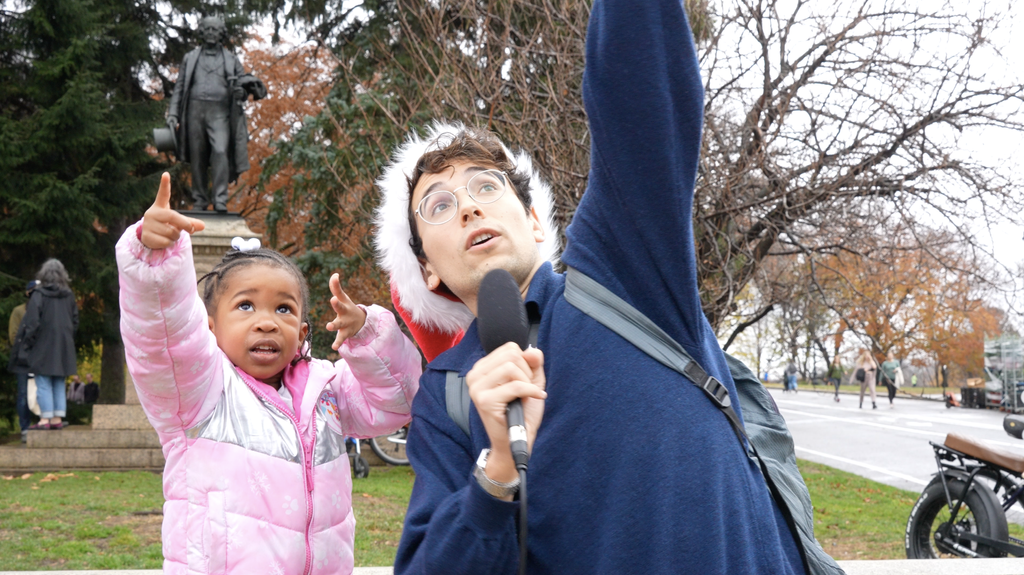Social Justice Music
Social justice artist Anthony R. Green calls on audiences to consider sexism, racism, homophobia, transphobia, and militarism

Courtesy of Loghaven Artist Residency
Muse: Anthony R. Green
Social justice musician creates works that call audiences to consider sexism, racism, homophobia, transphobia, and militarism in our world
As an artist, Anthony R. Green is hard to categorize. As a composer, Green (’06) writes traditional tonal ensemble pieces or incidental music for film and stage, but just as much of his work is experimental or even atonal—a style featuring no discernible keys or typical harmonies. As a trained pianist, Green feels as comfortable performing a contemporary piece written by a friend as he does a Margaret Bonds transcription or a Franz Schubert impromptu. Green refers to himself as a social justice artist, creating and performing works that call audiences to consider sexism, racism, homophobia, transphobia, and militarism in our world.
“I consider all of these things part of my Practice, with a capital P,” Green says. “And there is not one [defining] word that you can just say and all of these things will be inferred. But I also like that about myself, because I don’t like being put in a box. And even though people sort of get me wrong all the time, and I get frustrated by it, I secretly love it because it means that I’m uncategorizable.”
Green’s start in music came at five years old in Providence, R.I., when he watched his kindergarten teacher peck out a few lines of music on the classroom piano and copied them note for note. Despite continuing to play, he wouldn’t start formal piano lessons for another five years, forming the foundation of improvisation, ear tuning, and rule-breaking that define many of his pieces today. At the same time, Green was learning the traditional classical pieces and as a teenager played piano with several church and school choirs and musicals. At BU, Green appeared on track to become a pianist. That is, until freshman classmate Naftali Schindler (’06), a composition major, saw a piece Green had written and encouraged him to double major in composition and piano.
Today, Green composes pieces others have commissioned, and writes and performs his own works. Much of his work now has a social justice bent to it. In 2013, after realizing they didn’t know the names of more than seven Black composers between them, Green and his friend and violist Ashleigh Gordon cofounded the Boston-based nonprofit Castle of our Skins, a concert and education series that celebrates Black musical artistry—both contemporary and throughout history. In March, Project STEP—an orchestra comprising youth who identify with historically underrepresented groups in classical music—performed Green’s “Chorale,” which Green describes as “a sonic celebration of stories of Black feminist resistance of the 19th and early 20th centuries.” Green says he wants the works he composes or performs to elicit emotion in audiences, and at times action.
“I would love the audience to develop a curiosity or even a sense of urgency, so that they leave the room knowing more about a situation or feeling more about a situation than they did when they came in,” he says. “And if that knowledge and that feeling makes them research, makes them write a letter to their senator, makes them make a donation, then that’s icing on the cake for me.”
This Series
Also in
Muse
-
January 15, 2025
How Nordic cow-calling traditions inspire composer Lara Poe
-
May 27, 2024
Mindful Music
-
November 29, 2023
Finding a Home in Electroacoustic Music

